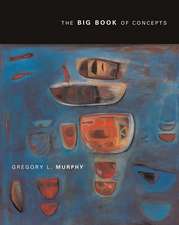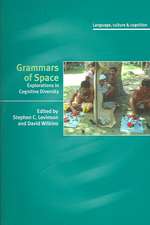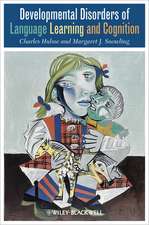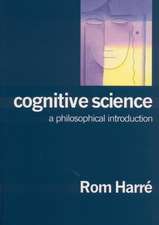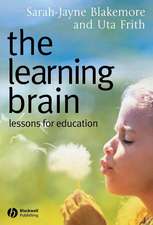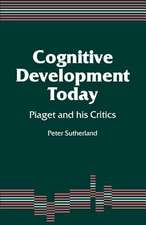The Ultimate Objectives of Artificial Intelligence: Theoretical and Research Foundations, Philosophical and Psychological Implications
Autor Morton Wagmanen Limba Engleză Hardback – 22 apr 1998 – vârsta până la 17 ani
Preț: 439.17 lei
Preț vechi: 604.98 lei
-27% Nou
Puncte Express: 659
Preț estimativ în valută:
84.04€ • 87.96$ • 69.94£
84.04€ • 87.96$ • 69.94£
Carte tipărită la comandă
Livrare economică 31 martie-14 aprilie
Preluare comenzi: 021 569.72.76
Specificații
ISBN-13: 9780275959104
ISBN-10: 0275959104
Pagini: 272
Dimensiuni: 156 x 235 x 26 mm
Greutate: 0.59 kg
Ediția:New.
Editura: Bloomsbury Publishing
Colecția Praeger
Locul publicării:New York, United States
ISBN-10: 0275959104
Pagini: 272
Dimensiuni: 156 x 235 x 26 mm
Greutate: 0.59 kg
Ediția:New.
Editura: Bloomsbury Publishing
Colecția Praeger
Locul publicării:New York, United States
Notă biografică
MORTON WAGMAN is Professor Emeritus of Psychology at the University of Illinois, Urbana-Champaign, and is a Diplomate in Counseling Psychology, American Board of Professional Psychology. He was honored as Distinguished Psychologist by the American Psychological Association in 1990. His most recent books include The General Unified Theory of Intelligence (Praeger, 1997), Cognitive Science and the Symbolic Operations of Human and Artificial Intelligence (Praeger, 1997), Human Intellect and Cognitive Science (Praeger, 1996), The Sciences of Cognition (Praeger, 1995), Cognitive Psychology and Artificial Intelligence (Praeger, 1993), Cognitive Science and Concepts of Mind (Praeger, 1991), Artificial Intelligence and Human Cognition (Praeger, 1991), and The Dilemma and the Computer (Praeger, 1984).
Cuprins
PrefacePrologueModeling of the Human BrainModeling Human Cognitive ProcessesDeveloping a General and Versatile Computer IntelligenceThe Enhancement of Human ThinkingThe Surpassing of Human IntelligenceThe Development of Efficient Learning SystemsThe Development of Independent RobotsHuman-Level Language Comprehension and Language GenerationAnalogical ThinkingLimitations of Artificial IntelligenceEpilogueAppendix A: Characteristics of a General Theory of IntelligenceAppendix B: A Factor Analytic Study of the Psychological Implications of the Computer for the Individual and SocietyBibliographyAuthor IndexSubject Index


